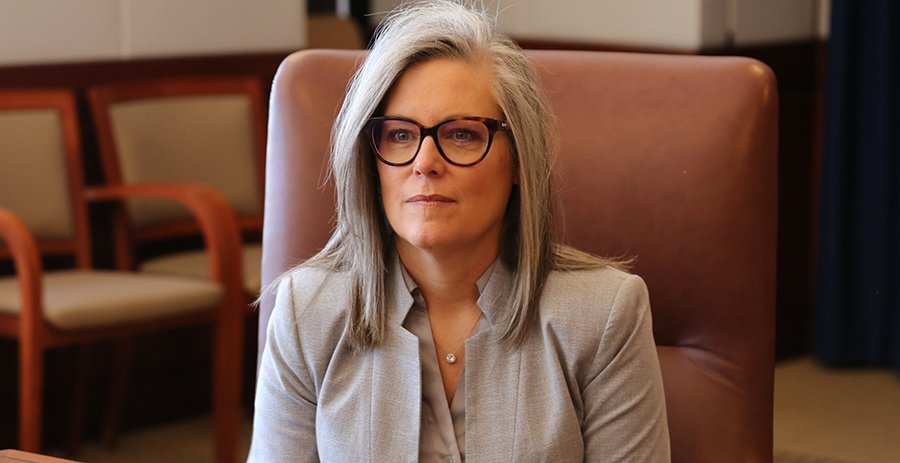budget
Hobbs Budget Aims to Cut School Vouchers for Wealthy Families

In a bid to reform school voucher policies, Arizona Governor Katie Hobbs has shifted focus from seeking a complete repeal to proposing modifications aimed at limiting eligibility for universal vouchers. Her spending plan for the upcoming fiscal year, which totals $17.65 billion, highlights the financial implications of maintaining the current system.
Governor Hobbs projects that sustaining the universal voucher program, designed to fund private, parochial, and homeschooling tuition, will require nearly $964 million. To alleviate this cost, she suggests implementing income restrictions. Families earning under $100,000 would still receive full vouchers ranging from $7,000 to $8,000, while those making above that threshold would receive reduced vouchers, and families earning over $200,000 would no longer qualify.
This adjustment is anticipated to save at least $150 million annually. Notably, existing beneficiaries who qualified before the program’s expansion in 2023 would not be affected. This group includes students with special needs, those attending lower-rated schools, children in foster care, and military dependents.
However, the proposal faces strong opposition from Republican leaders who advocate for maintaining parental choice in education. House Speaker Steve Montenegro and Senate President Warren Petersen expressed their intent to reject any modifications to the current system.
Hobbs’ communications director, Christian Slater, emphasized the need for legislators to weigh the merits of the voucher program against other priorities in the proposed budget, such as:
- Increasing funding for child care support for working families;
- Enhancing down payment assistance for first-time homebuyers, along with tax credits for affordable housing construction;
- Providing raises for state firefighters and police officers;
- Allocating grants to local law enforcement to combat drug trafficking.
The governor’s proposal includes a new initiative, “Bright Futures AZ,” which aims to create a public-private partnership to assist families with child care costs. This initiative would require businesses, the government, and parents to share expenses, potentially cutting child care costs by two-thirds.
Despite broad support for affordable child care from various business circles, some lawmakers question the state’s role in subsidizing such services. They argue that creating higher-paying jobs might be a more effective solution.
In addition to child care, housing affordability remains a critical concern. Both parties have long recognized the growing challenges faced by homeowners and renters. Hobbs aims to direct funds towards assisting low and moderate-income families through direct financial aid and grants for affordable housing development.
While the budget plan contains several essential initiatives, it falls short of addressing the ongoing health care issues within the state’s prison system, which the federal court has deemed unsatisfactory. As legislators continue deliberating Hobbs’ proposal, the implications of these budgetary choices will significantly affect Arizona’s education, housing, and health care landscape in the coming fiscal year.

















